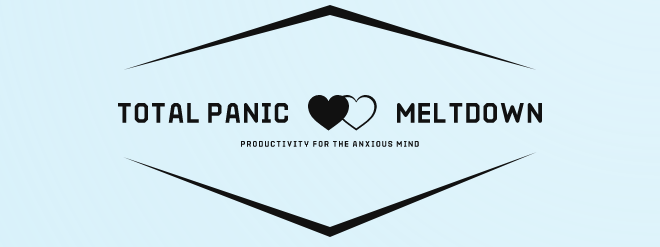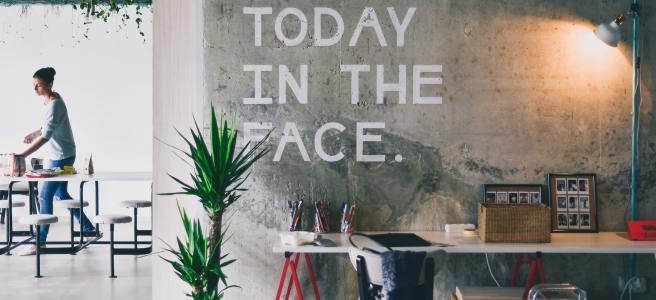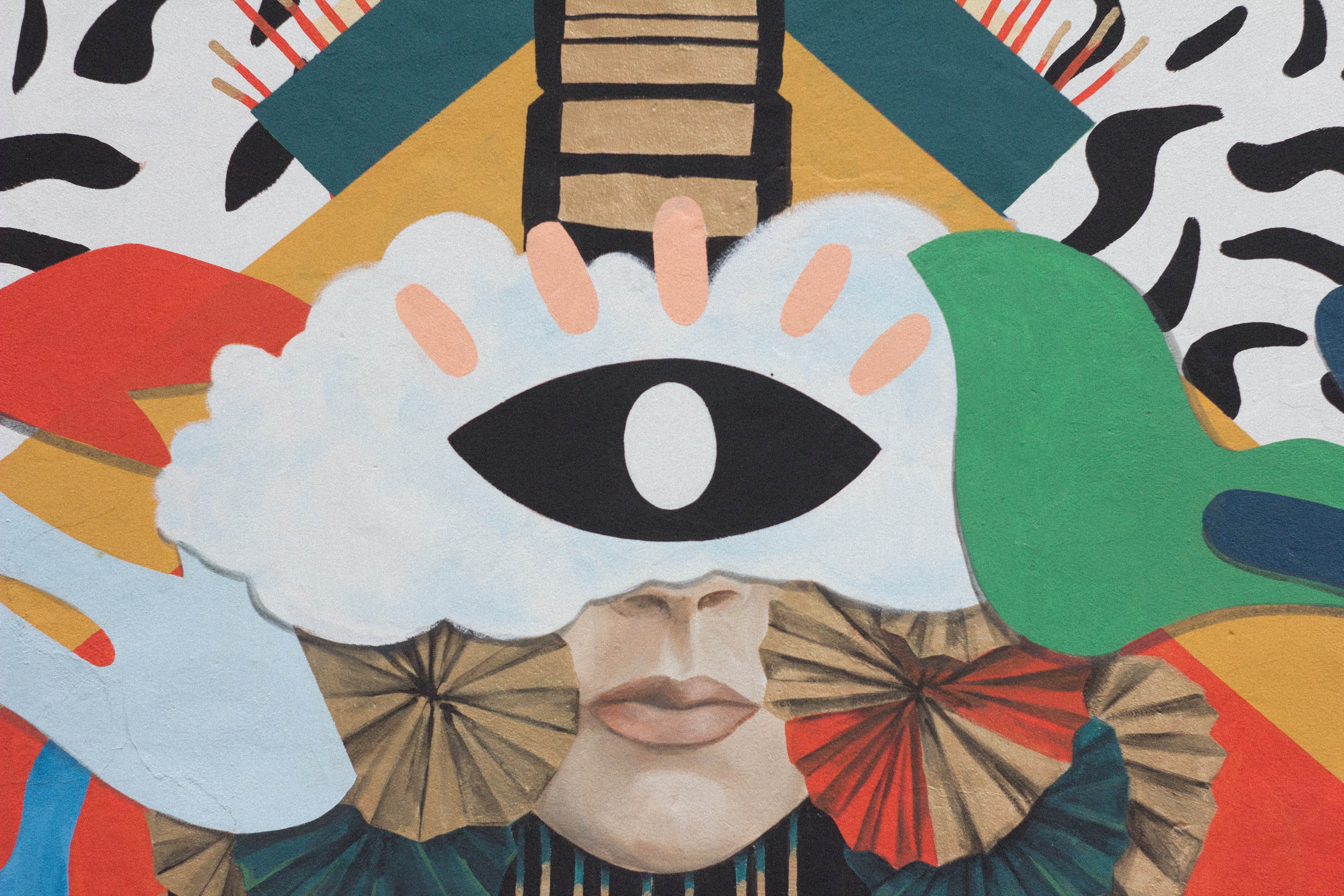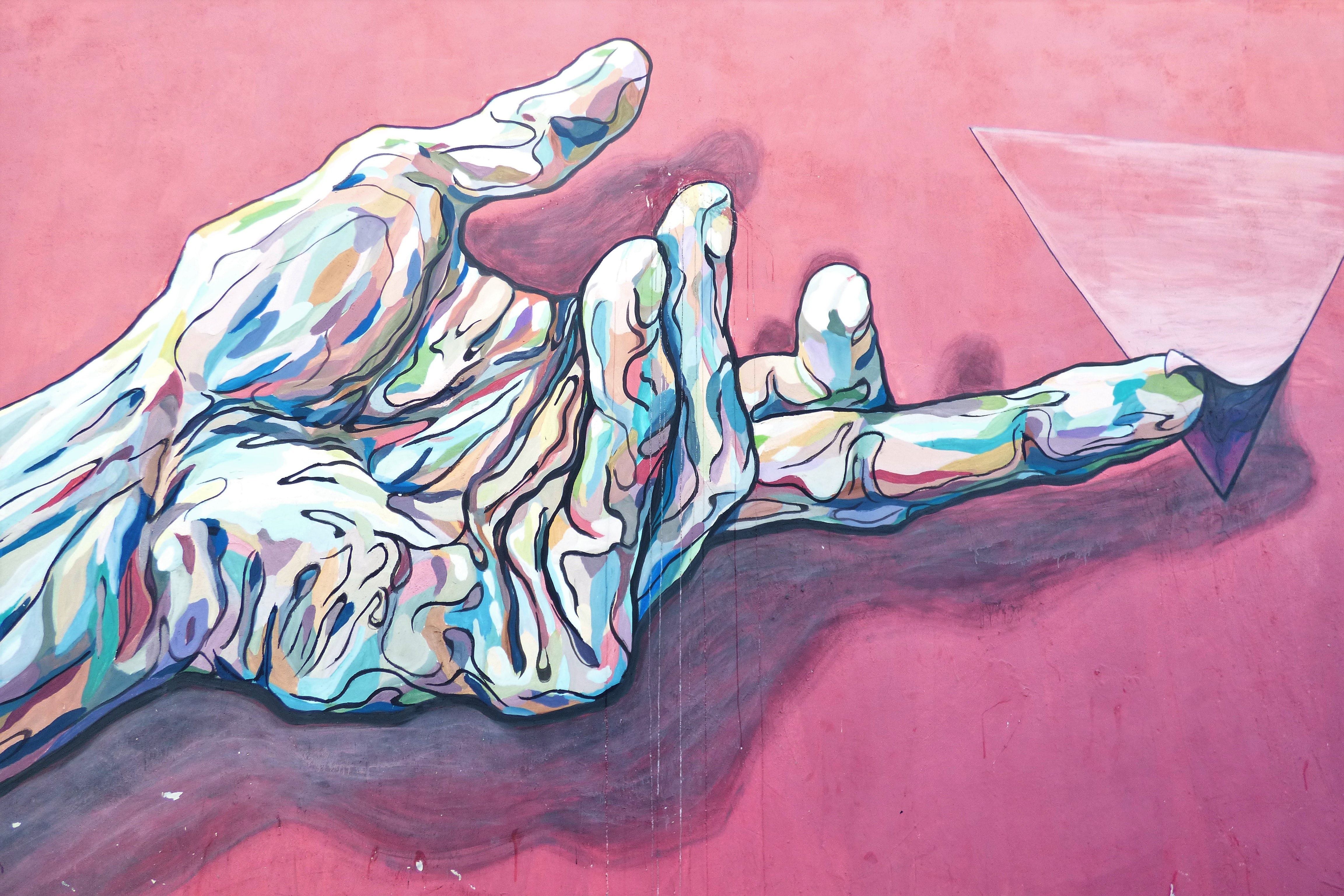I’ve been trying to avoid the internet lately.
There are so many reasons (including the ongoing protests and racial violence), but the one I want to talk about today is this: whenever I log onto social media, I see pictures of my friends, arm in arm with a companion, smiles roaring across their faces. Often in bathing suits, slick with sunshine, and with sweating, ice-cold beers in their hands. So happy to be together once again. As if they feel safe and warm and loved.
I crave this feeling, after months and months of social distancing. I want to feel the warmth of a friend next to me, listening to good music and smoking some Colorado green. I want to relax with a human besides my boyfriend, to just languish in the company of a person who I haven’t seen in many moons and laugh at inside jokes I’ve forgotten about. But honestly, I’m not ready. I’m not ready to jump into the pool of socialization once again–I don’t feel safe.

So whenever I log onto the web, I indulge. I fantasize about what it would be like to live in Europe or New Zealand or somewhere that actually followed the science of the pandemic, and dream of hanging with a group of close friends, my stomach full of happiness.
Unfortunately, that indulgence isn’t particularly helpful. In fact, fantasizing about being social has a huge negative effect on my motivation and productivity. Instead of actually getting down the business of life, I get caught up in what my ideal would be, and spend all of my time there, lost in the la-la land of the pretend life of Sam.
And thus, we have the quarantine slump. In March, I was hopeful, and eager to spend more time alone to work on myself. By May, I was depressed, saddened that I had to cancel my trip to Florida to see my family. And this month, I’ve been in a definite and steep downturn. Although I’ve pushed myself to write and exercise and just generally stay active to keep from giving into the darkness completely, I’ve been unable to summon any energy to do anything lately.
I’ve struggled with mental downturns for the majority of my life, so I’m grateful that I have a few tools up my sleeve that can help pull me up when I’m feeling down. For those of you who are also struggling with the quarantine slump, that’s okay. If you’ve given yourself enough space and you are ready to do some deep work to get yourself back in the sunshine, great–these tips should give you a good idea of how to get yourself back on the right track.

But if you still need a break, despite trying over and over to get yourself out of a mental funk, give yourself one. This whole pandemic situation has been hard on everyone, and if you already struggle with poor mental health, it probably hasn’t been easy for you. Doing work on yourself is difficult, and can be painful in a way that you may not be ready for. One thing I always stress for my own mental health is to not push myself too hard. It’s one thing to try–it’s another thing to punish yourself by pushing too hard too soon in your mental health journey.
My main advice? Be gentle with yourself. Being a human is a hard, and it’s okay to not be okay sometimes.
5 Ways to Improve Your Mental Health After COVID-19
Before we get into this, I want to stress that I am not a mental health professional. Prior to being diagnosed with a myriad of psychiatric illnesses, I’d researched anxiety, PTSD, bipolar disorder, depression, and other mental illnesses extensively. Since being diagnosed, I’ve wanted to use my experience and knowledge to help others. If these tips work for you–awesome, that’s what they are here for!
If not, please let me know what works for you so I can include it in my next blog post! I’d love to form a supportive and loving community where we can all share what helps us to live a happy and mentally-healthy existence!

1. Pick Up a Life-Changing Book
I’m (obviously) a writer, so reading has always been a huge part of my life. When I was a child, I spent more time between the covers of novels than I ever did around other people. Reading was safe–it was my haven from the evil and awful world around me. It also taught me how to be a better person when many of the role models I had growing up were narcissistic, selfish, or even just downright rude.
As I’ve gotten older and bit more jaded, however, I’ve found myself reading less and less for pleasure or leisure. Often, the best way for me to pass the time nowadays is to completely distract myself for an hour or two by logging onto Facebook, Instagram, or Youtube and zoning out to random and often vapid content. It’s not a productive or motivational way to pass the time, and it doesn’t do any favors for my already-declining mental health.
One easy way I’ve been attempting to motivate myself is to read more for pleasure. Although my local library is only offering pick-up services at the moment, I’ve found their phone app and online ebook services to be awesome for finding new books to read while I’m stuck at home, anxious and alone. Lately, the most inspiring read I’d picked up is Michelle Obama’s incredible autobiography, Becoming. In the harsh political climate we’re living in now, it’s a bit fun and nostalgic to return to the Obama days and the hope they brought to America.
It’s okay if you have to try a few books before you find one that sticks inside of your chest and helps you deal with life as it is in the moment. But when you find your escape, reading can be one of the most transformational acts you can do for a weary and mentally-downtrodden mind. If you haven’t already, I highly recommend checking out this list of books I wrote about on Medium last year.

2. Make Over Your Self-Care
Whether you are still stuck at home due to health concerns or you are a worker who has to face the mask-less and angry crowds each day, self-care is incredibly important to preventing and helping you to get through tough periods of mental illness. Even if it’s just a 20-minute soak in Epsom salts with some scented candles or 10 minutes of belting out your favorite song, alone in your car, doing little things to improve your self-care routine can help you immensely in times of strife and depression.
The best way to go about making over your self-care for a productive and resilient mind is to take a look at your current self-care routine. Do you make time for skincare, hair care, hygiene, and relaxation? If your routine is missing one of those, add in a small step each day, like applying moisturizer in the morning or taking the time to do your hair before you go to bed. Small steps can lead to huge improvements over the long haul, and indulging in a bit more self-care never hurt anyone.

3. Find A New Hobby
I’ll admit it: I’m a hobby fiend. Trying new things is addictive to me, especially if it’s something I’d admired from afar for years. There is something really special about starting something new–in Buddhism, they call it “beginner’s mind”, meaning the curious and exploratory phase of learning a new skill. Before you learn to criticize yourself for your lack of skill, there is always a little while of wild bliss before you realize what a true amateur you are. I love that period of time, not only because it’s just plain fun, but because it allows your mind and soul a type of freedom that can be hard to find when you struggle with mental illness.
For instance, if you are someone who deals with low self-esteem or who criticizes yourself a lot, trying something new can be scary. But if you loosen up and allow yourself to have a little bit of fun, you’ll find yourself in that blissful state of beginner’s mind soon enough, and hopefully you can get some distance from your mental health symptoms.

4. Track Your Habits and Goals
I’ve written about habit-tracking and goal-tracking countless times in the past year–I often feel a bit religious about my dedication to it, but it’s important to me to share things that have helped me to deal with the symptoms of mental illness. When it seems like you have nothing to live for, checking off or filling in box can mean a monumental amount for your self-esteem. Tracking your daily habits, as well as long-term goals, gives you something to look forward to, and it also helps you to see your progress. Dealing with anxiety, depression, panic attacks, and other symptoms can be exhausting, but one small victory each day can make a huge difference in your self-esteem.
To start off, a daily to-do list is easy. If you want to track your habits over a month’s time, there are a ton of templates available online to help you do so. Personally, I like to draw up my own charts to fill in myself–it helps me feel much closer to my goals, since I’m working on filling them in each day.

5. Show Love to Yourself
Let’s face it: showing love to yourself when your mental health is in the toilet is not only difficult, it can be downright impossible sometimes. And that’s why it’s so important.
The things you love may be disrupted right now due to the current state of the world, but the person experiencing them, the person who creates that love and happiness, is still right here. Whether it’s baking a cake to celebrate a milestone or making over your apartment to help elevate your mood–there are a myriad of ways to show love to yourself, even if you aren’t feeling it in the moment.
Although the world may be a bit chaotic and sad sometimes, you always have a safe, warm, and loving home inside of yourself. And if you don’t, that’s okay. Keep working on it, and one day you’ll get there.

Don’t Give Into Your Inner Demons
Take it from me: forcing yourself to be productive and motivated when you feel like garbage is not a task for the feeble-hearted. It takes grit, strength, and a lot of hard work to get out of a slump, especially one that is caused by events in the larger world and not just those in your own personal control. But there’s no harm in working on it, and hopefully these tips can show you the way to a little bit of happiness and love, even in the midst of a global pandemic.
How have you all been feeling this week? I’d love to hear what is helping you to be productive and motivated in this weird time. Let me know in the comments!
Sam Ripley is a freelance writer living in Colorado. Her book of essays, “The Burden I Carry Makes Me Strong”, was released in October of 2019.





